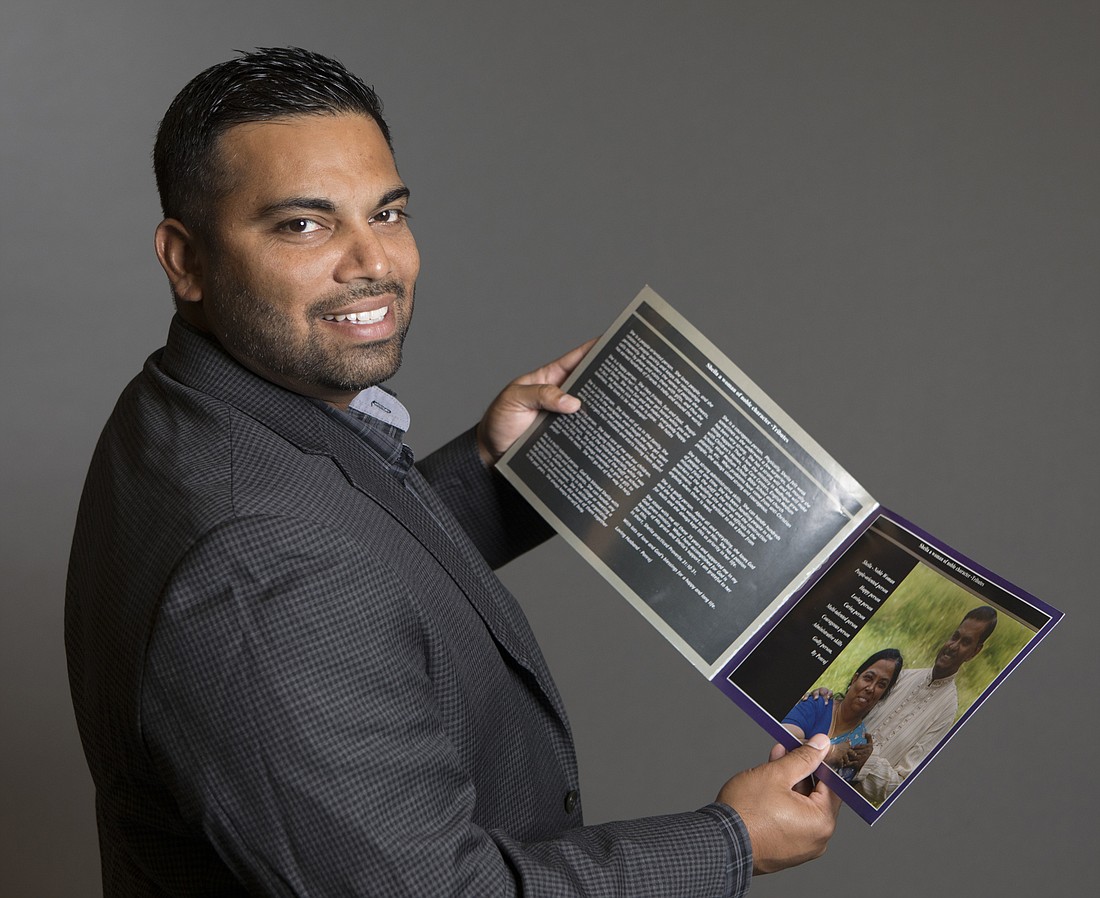- April 5, 2025
-
-
Loading

Loading

With stints at two of Tampa Bay’s top tech companies — Tech Data and Nielsen —on his résumé, David Ponraj felt like he had what it took to launch his own company, Startup Space, in 2018. But feeling and doing are two different things, and Ponraj is the first to admit he had it pretty good in the corporate world, particularly at Nielsen, which he left to found Startup Space.